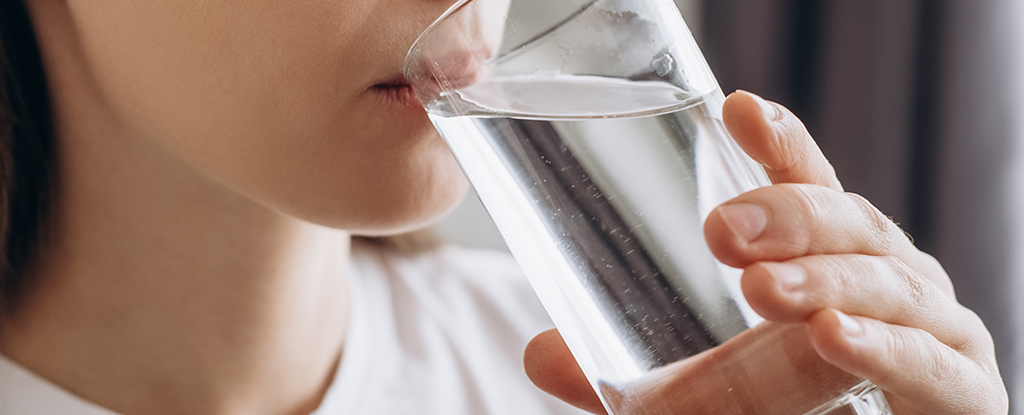Well that's the thing, in addition to the fact that no solid causal link has been established between microplastic exposure and the ills you brought up (as far as I know), they don't even seem to correlate.
For example, it's only in 2019 that life expectancy in Europe stopped progressing.
It takes decades to impact life expectancy - if a lifetime of microplastic exposure takes an average of 5 years off your life, then it will take 70 years of exposure to see that full 5 year drop. Plus the drop can be hidden by other factors and improvements in health care - most of Europe didn't fully recover from war or have fully robust modern universal health care until the 1970s and 1980s, so the first people to benefit from that are still just in their 40s and 50s. It's quite possible that improvements in modern heatlh care have added 10-15 years to people's lives at the same time that microplastics and other negative chemical and additive exposures have taken 5-10 years away.
But the trend is apparent. White American life expectancies already peaked back in 2012. So you can't just play Pollyanna here. You don't have the slightest idea whether exposure to CURRENT microplastics levels, which is far higher than any previous generation, will take 1 year off of your life or 20 years.
We've been hooked on plastic for much longer than that.
Not really. Plastic exposure was still mild in the 1970s, and it increased dramatically in the 2000s. When I was growing up in the 1990s, people still mostly used paper shopping bags, drank soda out of cans not plastic bottles, and drank water out of their own tap. When you bought ketchup it was in a glass bottle, not plastic. You cooked most of your food in metal containers in the oven, not in plastic containers in the microwave.
There is WAY more plastic exposure in the last 25 years than in the 50 years before that.
"In the early 2000s, the amount of plastic waste we generated rose more in a single decade than it had in the previous 40 years." - National Geopraphic
"Nearly half the plastic ever produced has been manufactured since 2000." - The Guardian
Current levels of plastic exposure have only been around about 20 years, and young people are way more exposed than older people are.




